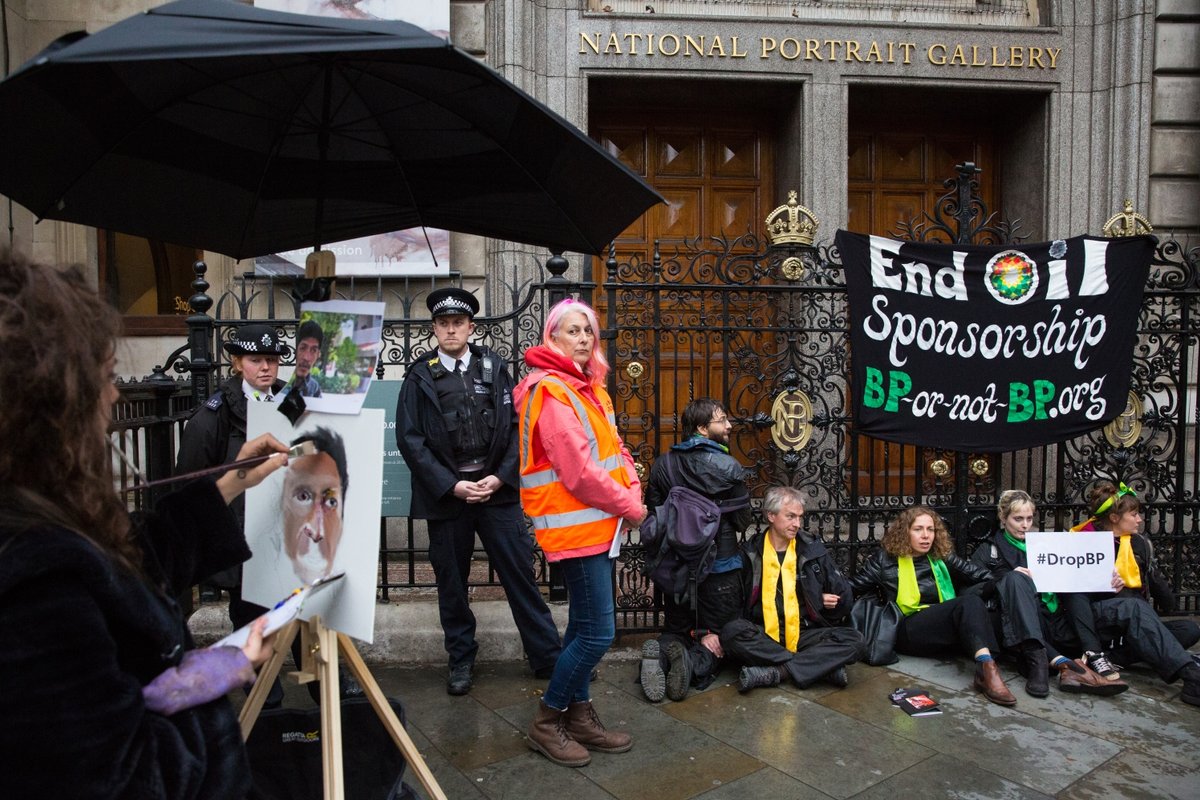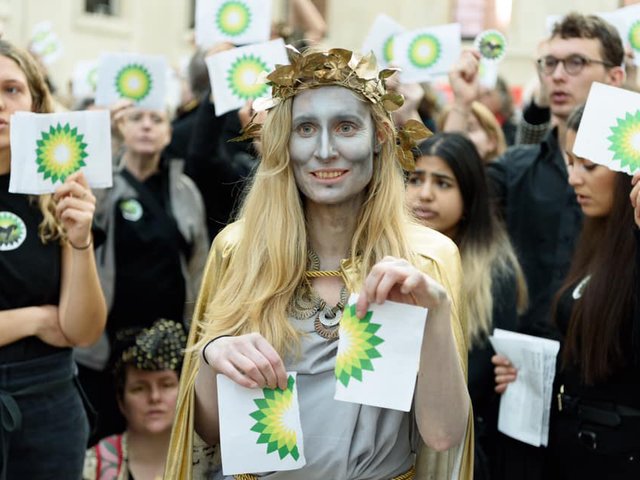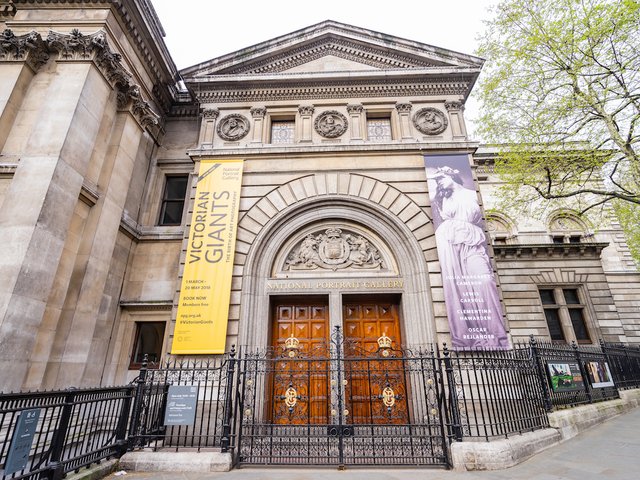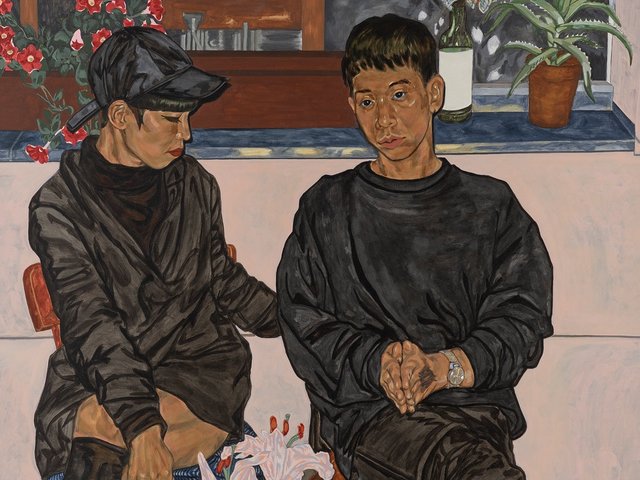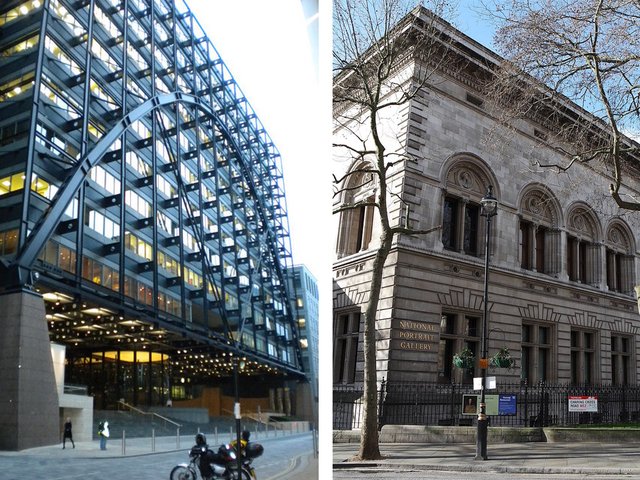The National Portrait Gallery (NPG) in London is terminating its partnership with British Petroleum (BP) after more than 30 years, bringing to an end the oil company’s controversial sponsorship of the gallery’s annual Portrait Award. BP has sponsored the prize since 1990. “[The partnership] will not be renewed when the current agreement comes to an end at the [close] of this year,” a BP spokesman says.
The move prompts further debate about fossil fuel sponsorship at major UK cultural institutions, after protestors staged a mock “Stonehenge drilling” presentation earlier this week at the British Museum amid speculation that the BM may extend its sponsorship deal with BP.
In 2020, BP decided to withdraw from the judging panel for the BP Portrait Award which is held at the National Portrait Gallery; the company had been represented on the judging panel for 23 years. The BP Portrait Award is not being staged in 2021 and 2022 while the National Portrait Gallery’s building in St Martin’s Place is closed for a £35.5m redevelopment.
Nicholas Cullinan, the NPG director, says in a statement: “[BP’s] funding for the award has fostered creativity, encouraged portrait painting for over 30 years and given a platform to artists from around the world, as well as providing inspiration and enjoyment for audiences across the UK.” Louise Kingham, BP’s senior vice president for Europe and head of country for the UK, said: “As we transition to become net-zero by 2050 and help the world get there too, we must look at new ways to best use our talent, experience and resources.”
BREAKING! In a BIG win for the campaign against fossil fuel sponsorship, @NPGLondon has today announced that its partnership with @BP_plc is ending after over 30 years of the oil and gas company sponsoring the #BPPortraitAward!! 🎉✊🖼️https://t.co/iiN6QArPSy #dropbp #climate pic.twitter.com/Ejf5217rYm
— Culture Unstained (@Cult_Unstained) February 22, 2022
But the ethical sponsorship campaigners Culture Unstained believe there are other reasons behind the termination of the partnership. "While the [NPG] won’t say it out loud, this is clearly a vote of no confidence in BP’s business," says Jess Worth, the co-director of Culture Unstained. "The company spent 30 years painting a picture of itself as a responsible philanthropist but it is rapidly running out of places to clean up its toxic image. Even now, it continues to invest millions in finding new sources of oil and gas, which will only push the world deeper into climate breakdown." BP were contacted for further comment.
Another activist group, BP or not BP?, which has staged many "creative actions" at the NPG, says it is "delighted" with today's announcement. "There is no way that our national cultural institutions should be legitimising oil companies in the midst of a climate crisis. This is the latest huge win for the movement against fossil fuel sponsorship," says Bayryam Bayryamali, a member of BP or not BP?
Both groups say that the news puts pressure on other institutions, including the British Museum and Science Museum, to follow suit and "get on the right side of history".


